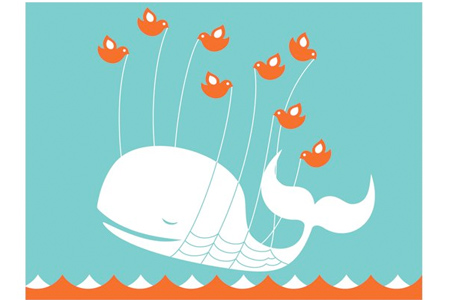Twitter is blocked in Egypt

Probably due to political problems in Egypt, the microblogging service Twitter has been blocked in this country, a blockage occurred this morning. This is no longer a rumor, but the official data of the service itself, provided by the administration. In principle, quite often the governments of some countries in the event of any unrest begin to block popular social resources. The question is - why? After all, Internet users still find a way out.
For example, in the same Egypt, users use mobile applications to work with the service, plus send messages using Twitter mirrors. Interestingly, other social services in the country are still working. The same Facebook is doing quite well and it looks like it will not be blocked in a country where many of us are used to spending our holidays.
')
By the way, in Tunisia, where the revolution took place recently (something revolution was somehow made frequent), the opposition to the overthrown government was already preparing an uprising with the active use of social resources - work was carried out in most well-known services, including Facebook and Twitter. It seems that it is indeed much safer to discuss the possibility of a coup than to organize a gathering of revolutionaries who can easily be "spotted."
Interestingly, yesterday, on January 25, messages about blocking Twitter began to appear, but the administration of the service did not report anything about this. Well, the officials, of course, had more important things than to answer journalists for questions about some kind of service. After all, what is happening in Egypt now looks more like the beginning of a coup, rather than just meetings.
In general, both governments and oppositionists from different countries have already understood very well the power of the social resources of the Network, and some are actively using all of this, while others are hindering such work.
Via computerworld
Source: https://habr.com/ru/post/112595/
All Articles